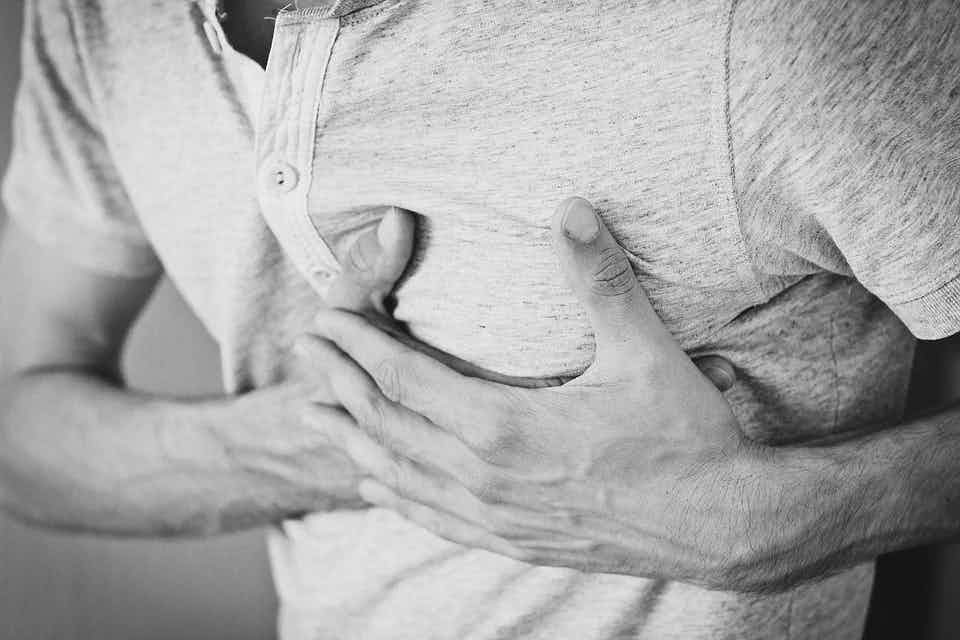Research has revealed that hospital admissions for acute and potentially life-threatening illnesses and emergencies such as heart attacks and strokes have dropped sharply over the winter months. Medical professionals are urging people to not to refrain, delay or shy away from seeking urgent medical treatment.
Leeds University Professor Chris Gale, said, "Medical emergencies do not stop in a pandemic.”
Anyone suffering the symptoms of heart attacks, strokes and other acute medical issues should not refrain or delay from seeking treatment immediately.
"I am afraid that we are seeing a re-run of one of the preventable tragedies of the first wave - people were either too afraid to go to the hospital for fear of contracting Covid-19 or were not referred for treatment,” added Professor Gale.
A report from the British Heart Foundation stated that, in the first wave back in March and April, heart attack admission rates dropped by some 50%, noting that people were putting their lives directly at risk by delaying accessing medical treatment.
Research showed this might have caused 5,000 excess preventable cardiac deaths throughout the first wave.
When surveyed, 84% of cardiologists reported a decrease both in cardiac admissions and the frequency that they were administering emergency PCI treatment - percutaneous coronary intervention.
71% believed that people feared visiting hospitals due to the virus or were worried about putting pressure on the NHS.
This is mirrored by admission and treatment data for strokes, where admission rates sharply decreased as coronavirus cases increased.
This is not just happening in the UK, but globally, where a 40% decrease in stroke admissions has been noted.
Now we're in the throes of the second wave, these trends from the first wave are being replicated.
A Journal of the American College of Cardiology report suggests throughout October, where coronavirus cases began to rise sharply, heart attack admissions dropped to some 40% below their pre-pandemic average in the United States.
The message for patients
The message for anyone suffering from acute medical issues, including heart attack and strokes is clear: do not delay in seeking medical treatment.
Every minute delayed can have a life-changing impact, and speed is of the essence.
Cardiologist Dr Sonya Babu-Narayan stated, “If you are experiencing symptoms of a heart attack call 999 immediately. Don't delay, every minute matters and the NHS is ready to treat you."
Similarly, Dr Ramzi Khamis, Cardiologist and BHF Fellow said, “We want to stress that we have the staff, equipment and resources to treat heart attacks. With swift diagnosis and treatment, most people with heart attacks will recover and go on to live a healthy life. However, delays in treatment puts lives at risk, and will result in more pressure on the NHS, not less.”
Symptoms of a heart attack can include:
- Sudden, sharp or stabbing chest pain
- Tightness and pain that spreads through arms, the back or stomach
- Excessive sweaty, sickness and nausea, light-headedness and breathlessness
If you experience any of the above, do not hesitate but to call 999 immediately.






